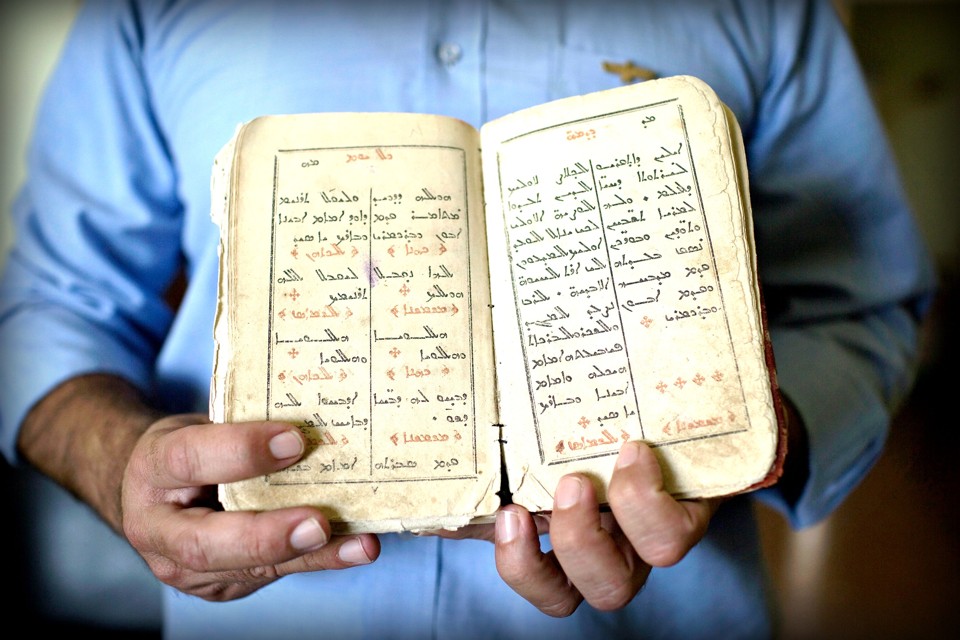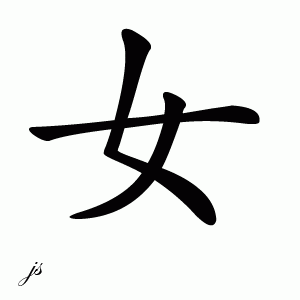
Posted on 10/16/2015 7:54:15 AM PDT by SeekAndFind
Is there anything inherently “doggy” about the word “dog”? Obviously not—to the French, a dog is a chien, to Russians a sobaka, to Mandarin Chinese-speakers a gǒu. These words have nothing in common, and none seem any more connected to the canine essence than any other. One runs up against that wall with pretty much any word.
Except some. The word for “mother” seems often either to be mama or have a nasal sound similar to m, like nana. The word for “father” seems often either to be papa or have a sound similar to p, like b, in it—such that you get something like baba. The word for “dad” may also have either d or t, which is a variation on saying d, just as p is on b. People say mama or nana, and then papa, baba, dada, or tata, worldwide.
Anyone who happens to know their way around a lot of languages can barely help noticing this eerie similarity. But when it comes to European languages closely related to English, like the Romance and Germanic ones, this isn’t so surprising. After all, these languages are children of what was once one language, which linguists call Proto-Indo-European and was likely spoken on the steppes of what is now Ukraine several millennia ago. So if French has maman and papa, and Italian has mamma and babbo, and Norwegian has mamma and papa, then maybe that’s just a family matter.
But when we’re talking several millennia, even closely related languages have a way of morphing beyond recognition.
(Excerpt) Read more at theatlantic.com ...
Not to nitpick, but mother is “okaasan.”
“Obaasan” is grandmother.
Dogs must have been very cheap in Tsarist Russia. For one ruble you could get 100 kopeks.
"Ma" meaning "horse" may be an Indo-European loanword, cognate with English "mare."
Good observation...do the same thing with "papa"...the opposite...going off the nipple...and what could cause that? Papa comes into the room!
Contrary to the delusions of the gender theorists, mothers and fathers are the most fundamental of human concepts.



Is that “ummi” as in “yummi”?
That's what I get for typing in between work :-( gomen-nasai, struggle-san
Mother in Thai is Maa. Father is Paw. Both pronounced with a falling tone.
Ma (with an up tone) = Horse. Ma (with an down tone) = Dog.
And in German: Amme (not etymologically related to the Latin "mamma" = "breast").
Regards,
I guessed that :-) I'd studied hanzi only to the extent that it informs kanji, so I'm always surprised when a given Chinese hanzi isn't in some form the one used for the same meaning in Japan, and until your message I didn't know that the combination of woman/horse meant "mother." Thanks
What? you mean the gender-binary is present in all languages in the world except in American colleges? You mean that people throughout the world refer to a mother and a father and they have since the beginning of language? You mean they don’t have 55 different words to describe the entire gender continuum?
It doesn’t take much imagination to see the ideogram for Horse as having originally been a drawing of a horse. In the simplified version of the ideogram adopted by Red China, the resemblance is lost.

Lol. Good one.
It's ummi as in "ooomi."
"Ooom" is mother but children always say: "my mother," the 'i" as is eeee, is possessive for "my."
Well, the first babble that came out from my daughter’s mouth was Da-Da.
*********************************************************************
The first whole sentence to come out of my oldest son’s mouth was, “Mom, I love dad”. This was while she was holding him.
His first word was da-da also.
Disclaimer: Opinions posted on Free Republic are those of the individual posters and do not necessarily represent the opinion of Free Republic or its management. All materials posted herein are protected by copyright law and the exemption for fair use of copyrighted works.